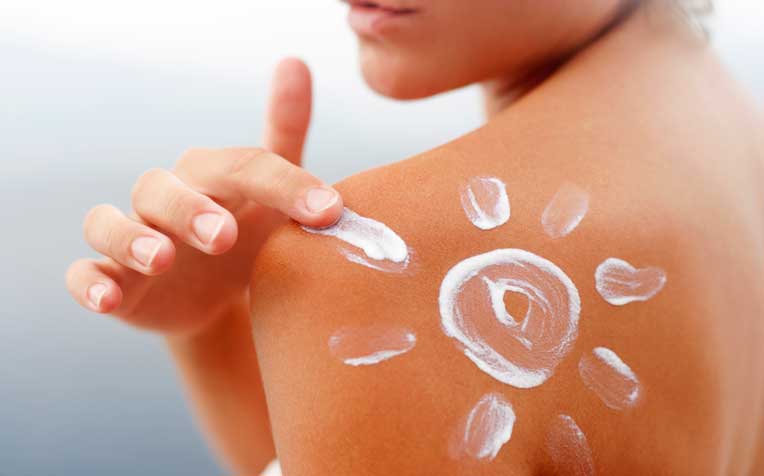HealthXchange will NEVER ask you to transfer money over a call. If in doubt, call the 24/7 ScamShield helpline at 1799, or visit the ScamShield website at www.scamshield.gov.sg.
Dry Skin: How to Manage

Dry skin can be treated with moisturisers or emollients, and by switching to more moisturising soaps.
Practical tips to deal with dry skin
People with dry skin should consider spending less time in dry, air-conditioned environments. If they have to spend many hours in such an environment, they might want to consider using humidifiers in conjunction with the air-conditioning.
They should also shower using lukewarm or cool water, rather than very hot water, and not take longer than five to 10-minute showers each day.
The type of soap used is also important. Harsh soaps strip away the natural moisturisers found in skin, drying and irritating the skin further.
A mild moisturising soap, soap substitute or bath oil is better, and should ideally be unscented. Perfumed and scented toiletries can irritate the skin, said Assoc Prof Lee Haur Yueh, Head and Senior Consultant from the Department of Dermatology at Singapore General Hospital (SGH), a member of the SingHealth group.
Moisturisers or emollients help to improve and retain moisture within the skin. There are various types of moisturisers, and most preparations imitate the lipid component of the skin and help trap water within the skin.
Different moisturisers work in different ways to combat dry skin. Some prevent loss of moisture by building up an oil barrier, some draw in moisture, while others aim to replace the deficient lipids in the skin.
Regardless of their purpose, moisturisers should be applied to the skin quickly after a shower or bath to help trap moisture within the skin.
Creams can be prescribed for itchy skin and eczema
Making changes to one’s external environment and using moisturisers are usually enough to help improve dry skin or eczema. But for some, additional treatment is necessary.
Doctors may prescribe steroid creams of appropriate potency to calm severe redness or inflammation and itching. These are usually used for short periods until the itching goes away.
Antihistamines may be useful in reducing itching, particularly at night. They also aid sleep, which can be disrupted by a persistent itch, said Dr Lee.
“Although dryness of skin and eczema are common among the elderly, simple daily modifications, the frequent use of moisturisers, and appropriate medical therapy can help in eliminating the symptoms,” he added.
Ref: R14
Also, check out our other articles on skin health:
Contributed by
Related Articles
Public Events
Get the Health Buddy App
© 2025 SingHealth Group. All Rights Reserved.


















 Get it on Google Play
Get it on Google Play